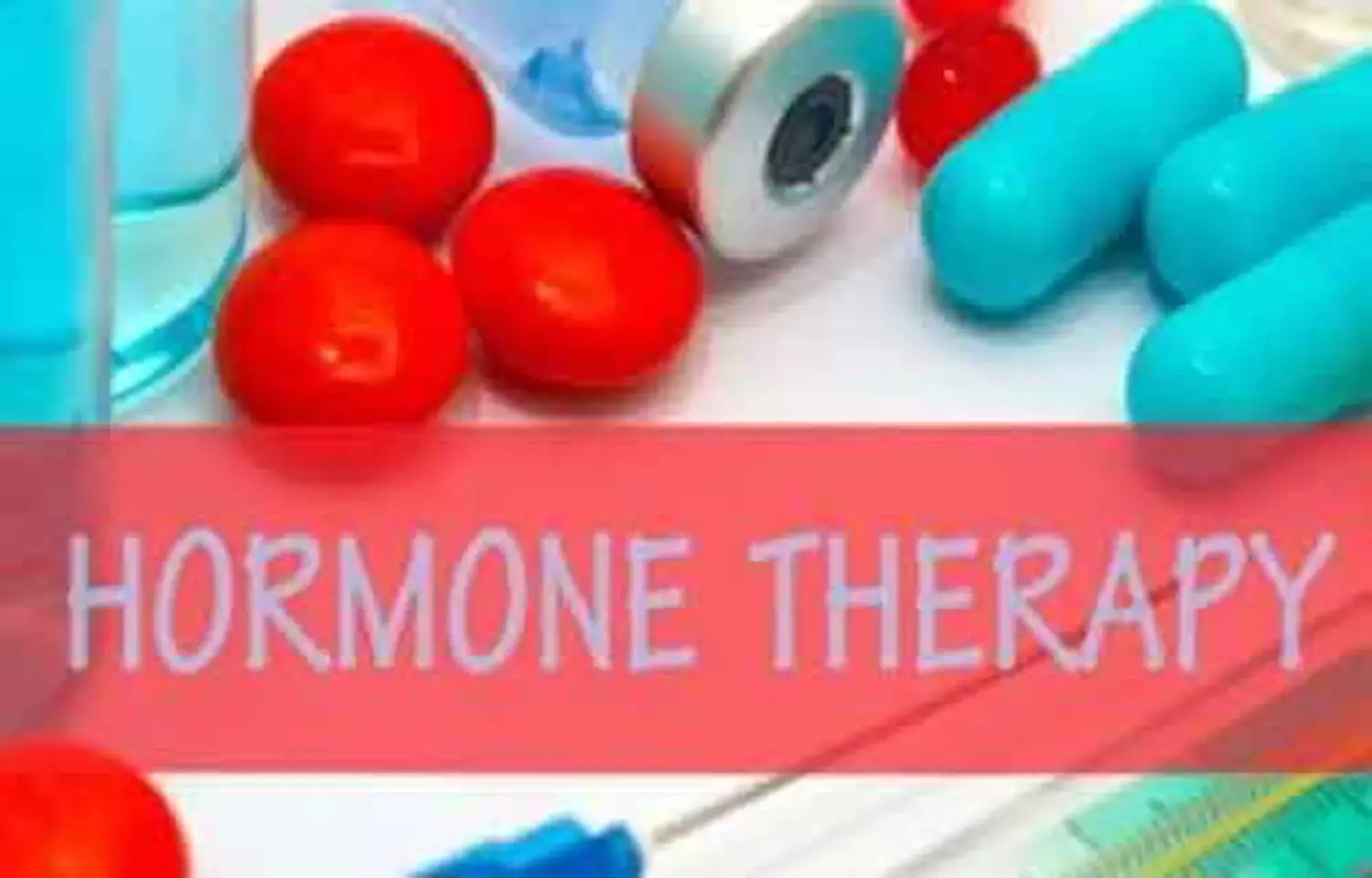- Home
- Medical news & Guidelines
- Anesthesiology
- Cardiology and CTVS
- Critical Care
- Dentistry
- Dermatology
- Diabetes and Endocrinology
- ENT
- Gastroenterology
- Medicine
- Nephrology
- Neurology
- Obstretics-Gynaecology
- Oncology
- Ophthalmology
- Orthopaedics
- Pediatrics-Neonatology
- Psychiatry
- Pulmonology
- Radiology
- Surgery
- Urology
- Laboratory Medicine
- Diet
- Nursing
- Paramedical
- Physiotherapy
- Health news
- Fact Check
- Bone Health Fact Check
- Brain Health Fact Check
- Cancer Related Fact Check
- Child Care Fact Check
- Dental and oral health fact check
- Diabetes and metabolic health fact check
- Diet and Nutrition Fact Check
- Eye and ENT Care Fact Check
- Fitness fact check
- Gut health fact check
- Heart health fact check
- Kidney health fact check
- Medical education fact check
- Men's health fact check
- Respiratory fact check
- Skin and hair care fact check
- Vaccine and Immunization fact check
- Women's health fact check
- AYUSH
- State News
- Andaman and Nicobar Islands
- Andhra Pradesh
- Arunachal Pradesh
- Assam
- Bihar
- Chandigarh
- Chattisgarh
- Dadra and Nagar Haveli
- Daman and Diu
- Delhi
- Goa
- Gujarat
- Haryana
- Himachal Pradesh
- Jammu & Kashmir
- Jharkhand
- Karnataka
- Kerala
- Ladakh
- Lakshadweep
- Madhya Pradesh
- Maharashtra
- Manipur
- Meghalaya
- Mizoram
- Nagaland
- Odisha
- Puducherry
- Punjab
- Rajasthan
- Sikkim
- Tamil Nadu
- Telangana
- Tripura
- Uttar Pradesh
- Uttrakhand
- West Bengal
- Medical Education
- Industry
How hormone therapy slows progression of atherosclerosis, reveals study

CLEVELAND, Ohio - Hormone therapy (HT) the most common treatments for effectively managing menopause symptoms is also known to provide multiple health benefits, including slowing the progression of atherosclerosis.
A study based on Early Versus Late Intervention Trial With Estradiol (ELITE) data evaluated the underlying mechanism of such benefit and will be presented during the 2020 Virtual Annual Meeting of The North American Menopause Society (NAMS), opening on September 28.
Atherosclerosis is a chronic inflammatory process of blood vessels that is central to most cases of cardiovascular disease. The risk of cardiovascular disease in women rapidly increases after menopause and remains the leading cause of death in US women. Data from ELITE already demonstrated the benefits of HT in reducing the progression of atherosclerosis in relatively younger, healthy postmenopausal women. In this new study, researchers specifically evaluated the effect of HT on the biomarkers of inflammation in the postmenopausal women involved in ELITE.
As part of the study, which compared oral estradiol to placebo, researchers measured the circulating concentrations of 12 inflammatory markers in 643 postmenopausal women. Through this analysis, they confirmed that HT significantly reduced the circulating concentrations of a number of key biomarkers. Women who were fewer than 6 years away from menopause showed the greatest anti-inflammatory benefits from HT compared with women more than 10 years after menopause.
"In the total sample, average on-trial levels of E-selectin, ICAM-1, IFNγ, and IL-8 were significantly lower in the hormone therapy group compared with placebo-treated women," says Dr. Roksana Karim from the University of South California Keck School of Medicine and lead author of the study "Effect of Estradiol Therapy on Markers of Inflammation: Results From the Early Versus Late Intervention Trial With Estradiol (ELITE). "Stratified by time since menopause, women within 6 years of menopause when randomized to hormone therapy showed a significant reduction in the levels of E-selectin, ICAM-1, and IL-8 compared with placebo; only E-selectin levels was significantly lower in women randomized to hormone therapy 10 or more years since menopause compared with placebo."
"This study helps us better understand the potential physiologic mechanisms that could explain why hormone therapy slows progression of heart disease early after menopause, but not in women more distant from the menopause transition," says Dr. Stephanie Faubion, NAMS medical director. "Additional research is needed to more fully understand how time since menopause alters the impact of hormone therapy on heart disease risk."
Hina Zahid Joined Medical Dialogue in 2017 with a passion to work as a Reporter. She coordinates with various national and international journals and association and covers all the stories related to Medical guidelines, Medical Journals, rare medical surgeries as well as all the updates in the medical field. Email: editorial@medicaldialogues.in. Contact no. 011-43720751
Dr Kamal Kant Kohli-MBBS, DTCD- a chest specialist with more than 30 years of practice and a flair for writing clinical articles, Dr Kamal Kant Kohli joined Medical Dialogues as a Chief Editor of Medical News. Besides writing articles, as an editor, he proofreads and verifies all the medical content published on Medical Dialogues including those coming from journals, studies,medical conferences,guidelines etc. Email: drkohli@medicaldialogues.in. Contact no. 011-43720751


